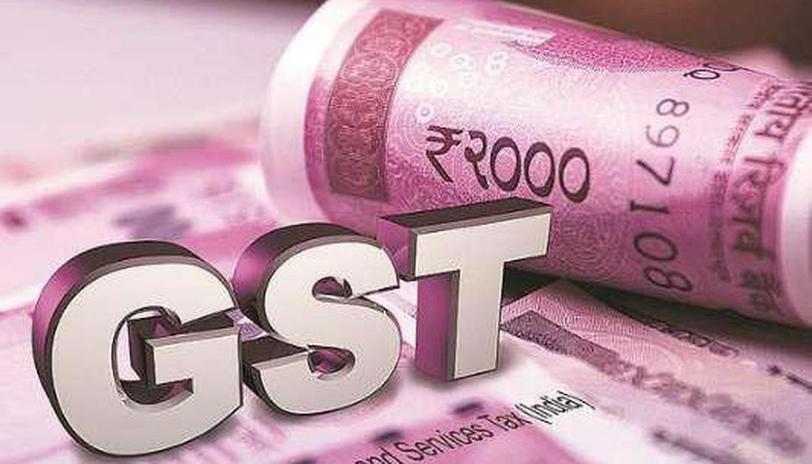Shivaji Sarkar
Consumption shock from the pandemic is severe and the world economy devastated. Like the World Bank, the Reserve Bank of India too is less hopeful of coming out of contraction and even with higher government spending recovery may be delayed. The Indian collapse is, however, pre-Covid and started August last year. Since December 2019 finances have been in a tizzy with cuts in departmental allocations.
Worse, the GST concept itself is floundering in terms of collections and denying the States their due share. It is an act of human failure and not ‘God’s’. Nobody can deny a State its dues and in the overall count it boils down to about Rs 2.35 lakh crore, according to Finance Minister Nirmala Sitharaman. Even the tranche, to be paid in December 2019, was paid only this April. Asking States to borrow after usurping their share is harsh and they will have to borrow `92,000 crore plus service interest burdens. Thus adds to the inflation that the cess on GST has added.
In addition to this, the RBI annual report 2019-20 indicates negative growth this fiscal. It is critical of stricter sporadic localised lockdowns disrupting economic activities. Fall in its income leads to bonus payment of Rs 57.128 crore to Central government, lower by 67.5 per cent from Rs 1.76 lakh crore last year.
The RBI report is concerned about firming up of inflation caused by disruption of supplies. It says that heightened volatility in financial markets could also have a bearing on inflation and may affect households. It proposes that the monetary policy keep a constant vigil on price movements as official data says the retail inflation touched 6.93 per cent in July.
India is having to go through difficult situations and is likely to take time to regain pre-COVID-19 levels despite a small recovery in May and June, warns the report. The re-imposition of partial and localised lockdowns is regressive as it is prolonging growth contraction as investments remain anemic and dents consumer confidence. However, the RBI expects government’s rural-focused employment schemes to provide a fillip to rural incomes. In short, the rural sector is supposed to give a push to growth as wages contract.
The State governments squeezed by COVID-19 and delayed release of GST payments have put on hold payment of employees’ salaries. A number of States, including Maharashtra, Punjab, Bihar, Karnataka, Madhya Pradesh, Tripura, and Telangana have delayed salary payments. The private sector too has either cut up to 70 per cent of wages or sacked lakhs of workers.
Insofar as farmers are concerned, they are not getting the prices for their produce, markets are agog. Wheat is being sold at around `1600-1700 a quintal against the MSP of `1725 and they are getting half the price of last year for corn and millet. The RBI contention that despite contracting wages and falling grain prices mere government job schemes can raise rural incomes lacks clarity.
All these are impacting demand, the consequence of which is being noticed in production fall as the IIP numbers recently demonstrated. The contraction is up to 20 per cent or more in GDP in the first quarter of 2020-21 due to lockdown. Says the RBI: “Private consumption has lost its discretionary elements across the board, particularly transport services, hospitality, recreation and cultural activities.” And warns the situation is unprecedented as it sees an overall thaw – ‘retrenchment in activity’.
Moreover, the recovery, it notes, will happen when non-discretionary spending leads the way till a durable increase in disposable incomes enables discretionary spending like vacations, and entertainment. In short, it is waiting for people to have larger disposable income or spare money with them.
The bank’s survey for July indicated that consumer confidence has fallen to an all-time low, with a majority of respondents reporting pessimism about the economic situation.
Besides, it is not buoyant about urban consumption either. It has suffered a bigger blow with drop in vehicle and consumer durable sales. However, the rural sector is doing marginally better.
Having said that private consumption is not boosting demand, the report wants the government to increase consumption. It may be a good suggestion but is fraught with many risks as government income is hit. If it increases borrowing, taxes would rise further and so would inflation, thus making it a double-edged sword.
The RBI needs to rethink about monetisation of assets in steel, coal, power, railways and privatisation of ports. These would not boost demand, a prerequisite for the turnover in economy. Finally, mini-lockdowns have to end for fast recovery.
–INFA
